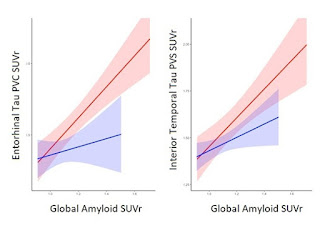How Flickering Lights or Electrical Stimulation Might Banish Alzheimer’s and Parkinson’s

Alzheimer’s Disease , along with anxiety disorders, Parkinson’s, clinical depression, and other neurological diseases are notoriously difficult conditions to find treatment for. Because the diseases are not well understood, and therefore hard to target directly, many pharmaceutical options fail But a relatively new field of neurological treatment is opening in the form of things like TACS (transcranial alternating current stimulation) and other non-invasive, non-drug methods. The experiment baffled Tsai; and even after checking the results multiple times. The strobe light within the little rodent dance party, which was tuned to 40 hertz, was designed to help manipulate the rodents’ brain waves and produce many biological benefits, including the elimination of the amyloid-β forming proteins – and it worked. “The result was so mind-boggling and so robust, it took a while for the idea to sink in, but we knew we needed to work out a way of trying out the same thing in huma...
















